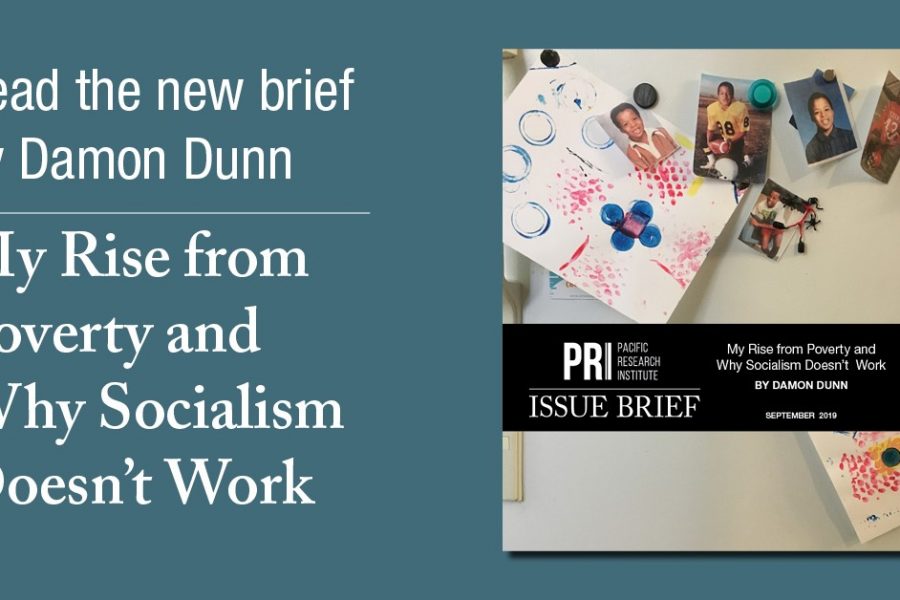Home ownership provides basic financial literacy, drives wealth creation, and increases free cash flow for individuals and families. However, it can be difficult to differentiate between having surplus cash and wealth. Having surplus cash is having the ability to spend lots of money now; being wealthy is accumulating assets that allow to you preserve your money for use in the future. Cash funds daily expenses, but its wealth that offers long-term financial security. Wealth can help a family defend against major fiscal crises, unexpected expenses, or a temporary loss of income. Wealth can also be passed down from generation to generation.
Underwriting
To build wealth, you need to understand “underwriting”. Banks, private equity firms, venture capital firms, and other debt/equity funding sources all have an underwriting process. Buying a home is often the first point of education for learning about underwriting – which leads to the access of capital. When evaluating your ability to take on a mortgage loan, underwriters want to make sure your Debt Service Coverage Ratio (DSCR) indicates you can add the new debt service to your current liabilities and still be able to cover the new monthly payments of the mortgage.
For example, suppose your total household income is $120,000 per year and your total household debt service including for a new loan is $100,000 per year. In this case, the DSCR would simply be $120,000 / $100,000, which equals 1.20. A DSCR greater than 1.0 means there is enough cash flow to cover the debt service. A DSCR below 1.0 indicates there is not enough cash flow to cover debt service. Typically, a lender will require a debt service coverage ratio higher than 1.0x in order to provide a cushion in case something goes wrong.
This underwriting process is where I started to learn about building wealth. I learned that I can leverage a 20% ($100,000) down payment to buy a $500,000 home, because a bank would lend me $400,000. That’s very important. I’m accessing the bank’s invested capital (other people’s money) to pair with my down payment and buy assets with a greater value than the $100,000 that I have in my bank account. 00
You cannot build wealth if you do not have basic financial literacy that allows you to discern the relationship between cash and credit and how to leverage credit to make acquisitions of valuable assets. Credit is more important than cash in the US. You need credit to buy a home, business, or car, rent an apartment, or get access to credit cards. Building wealth 101 starts with understanding the underwriting process.
Appreciation
Appreciation, in general terms, is an increase in the value of an asset over time. For decades, home prices have appreciated. While the mortgage payments remain the same, market prices tend to rise, creating valuable home equity that increases a family’s net worth. If you want your net-worth to go up over time, then buy mostly appreciating items. Depreciating assets are no different than spending cash. In fact, in many cases, they increase the rate of spending as they also need additional expenses to hold on to them.
I bought my first home in 2003 and it appreciated up to 43% in 2006. I sold the home and used the equity to make a 50% down payment on my next home. This allowed me to get a lower mortgage amount with a lower monthly payment. That created more free cash flow for our family.
Mortgage Interest Deduction and Principal Payment
The Mortgage Interest Deduction allows homeowners to reduce their taxable income by the amount of interest paid on a qualified residence loan. Say you take out a $250,000 loan to purchase a $300,000 house that you use as your primary residence. You use the house to secure the loan. The IRS allows you to deduct the total interest you pay for the loan from your taxable income if it’s your primary residence. The additional income from the tax savings can be invested by the homeowner.
The principal is the repayment of your loan amount. This is the portion of the payment that is used to reduce the balance you owe. The key here is that as you pay down the loan and as your home appreciates, you will have the option to qualify for a Home Equity Line Of Credit (HELOC) that you can access to help pay for your children’s college tuition, start a business, or help with household expenses and home improvement projects.
In sum, home ownership in the US is important because it is typically the access point for financial literacy, building wealth, and creating free cash flow. Renting a home does not provide any of these benefits.
Damon Dunn is a fellow in business and economics at the Pacific Research Institute.


